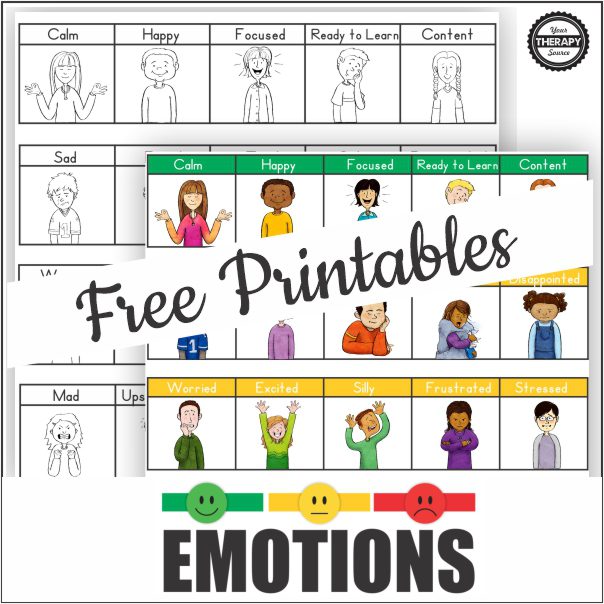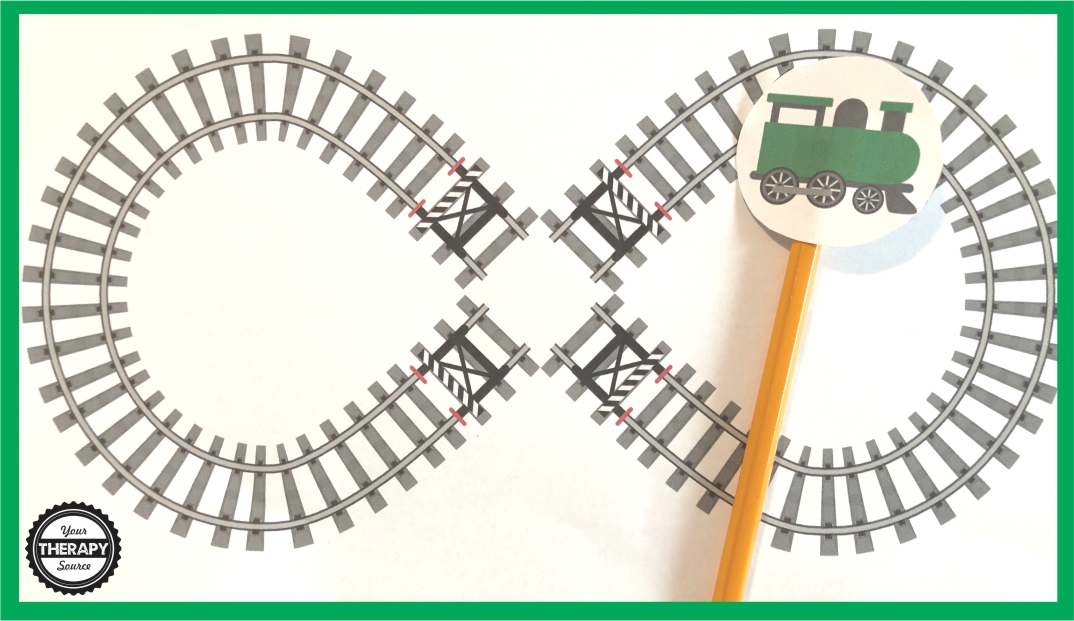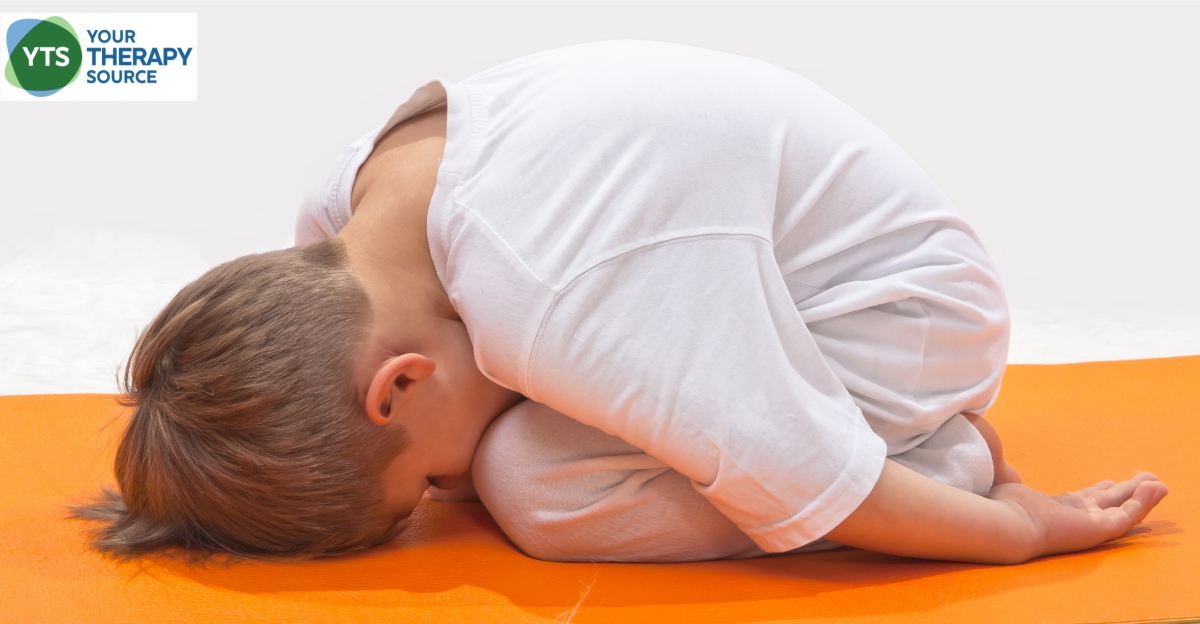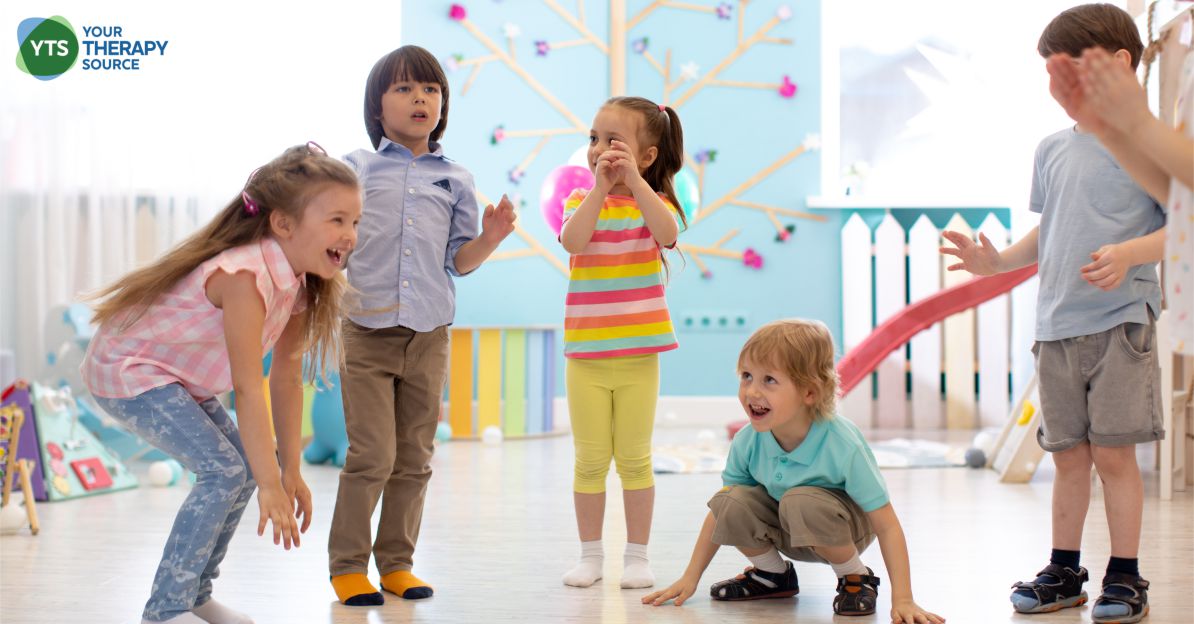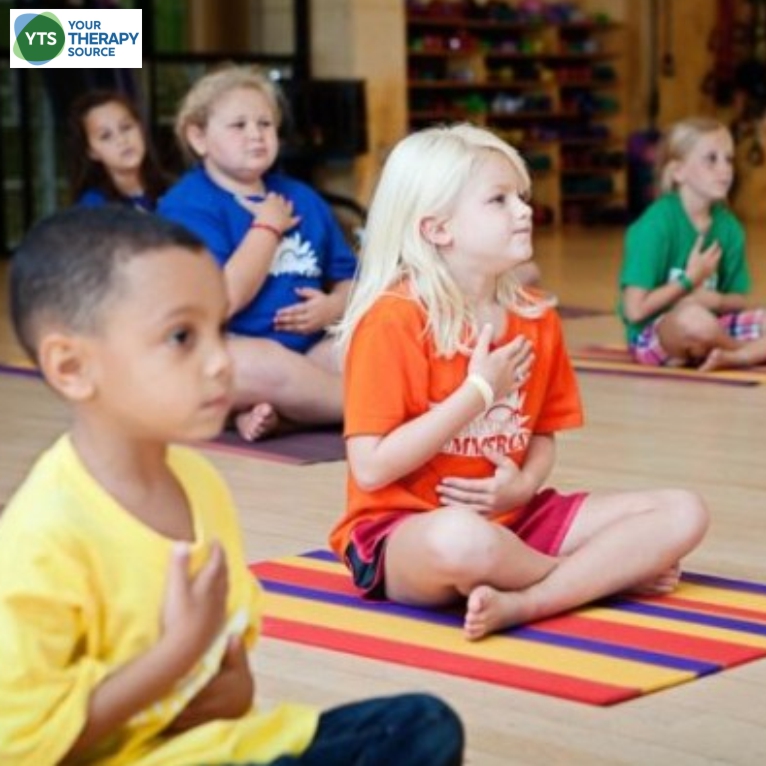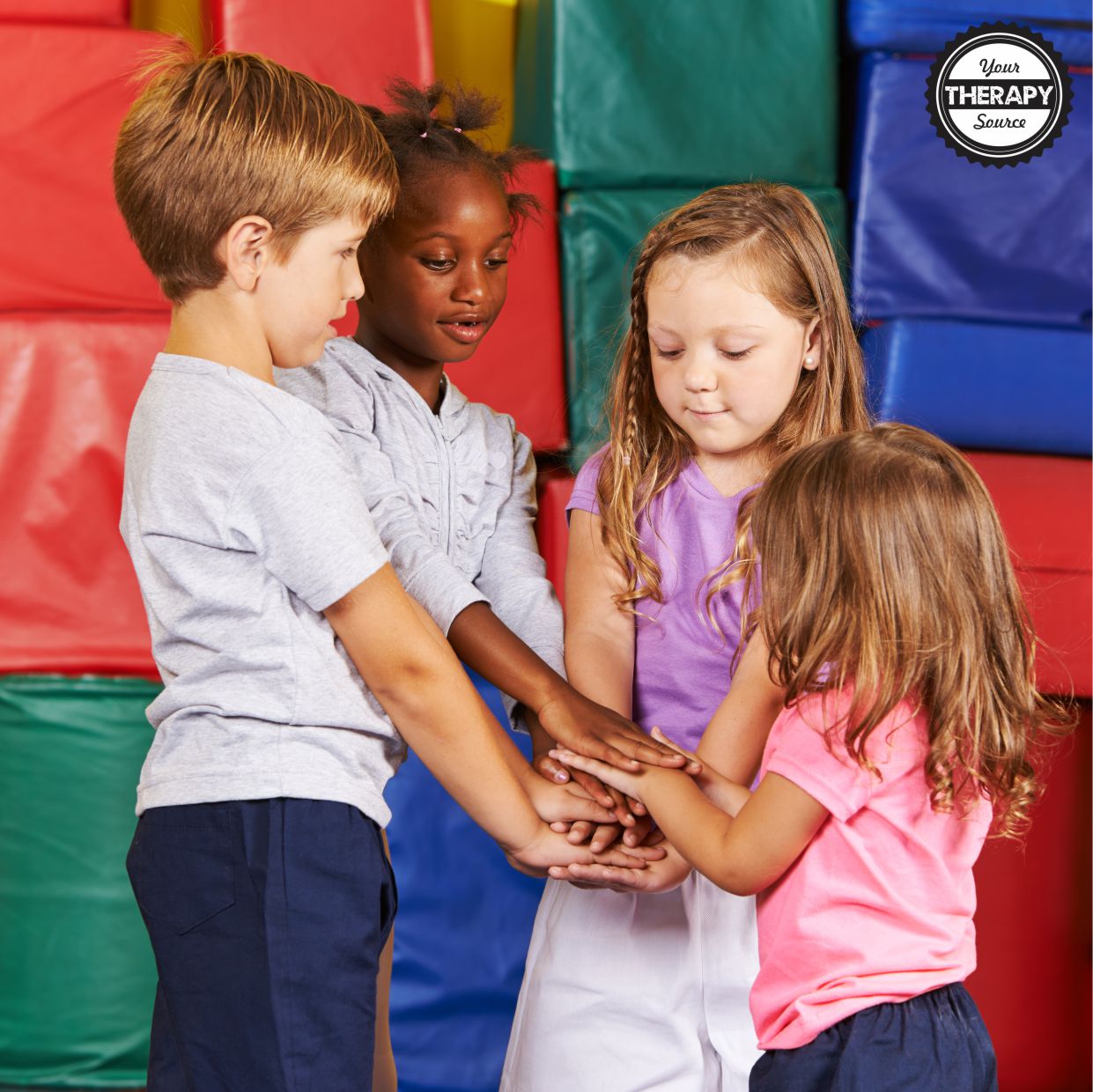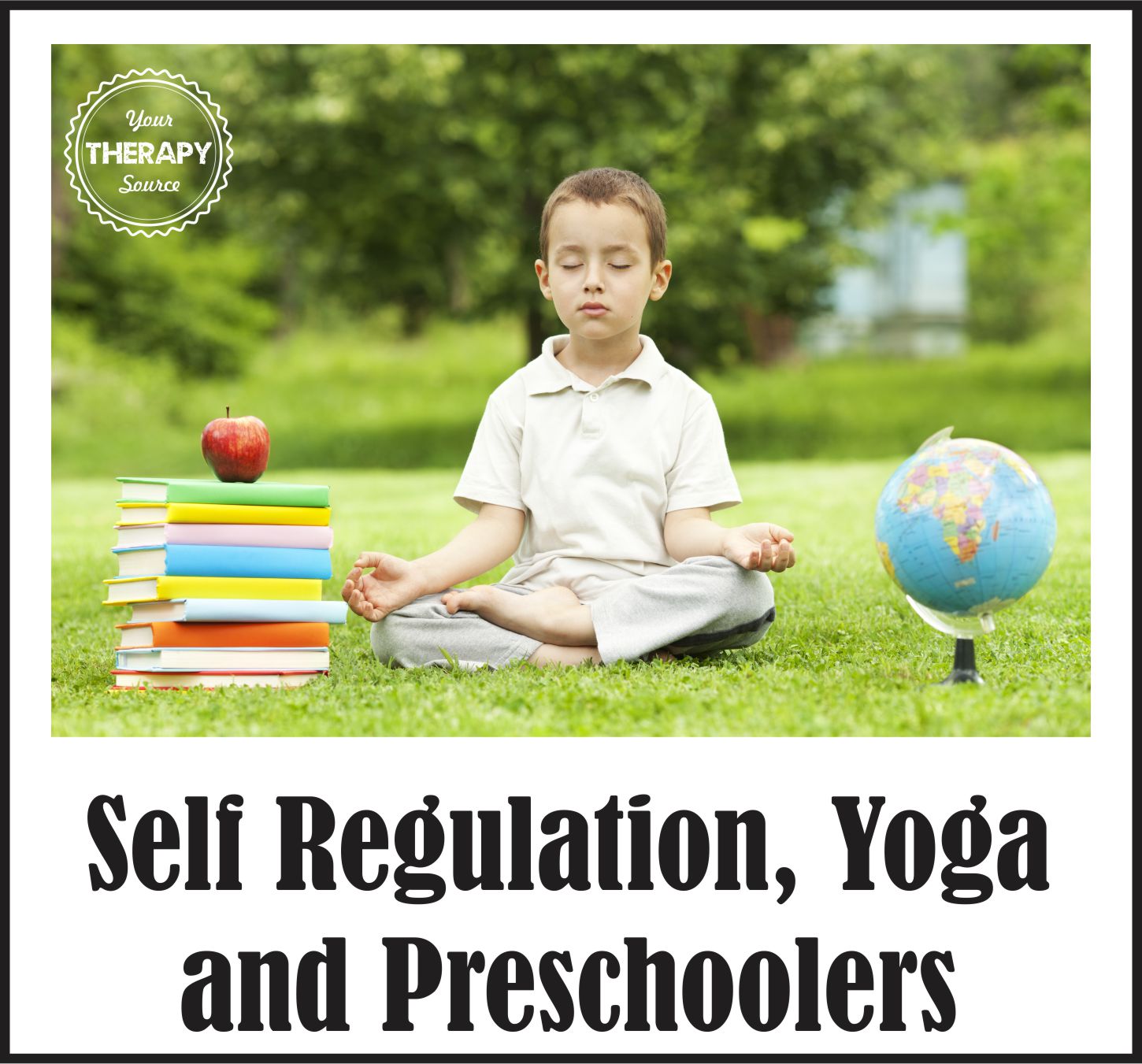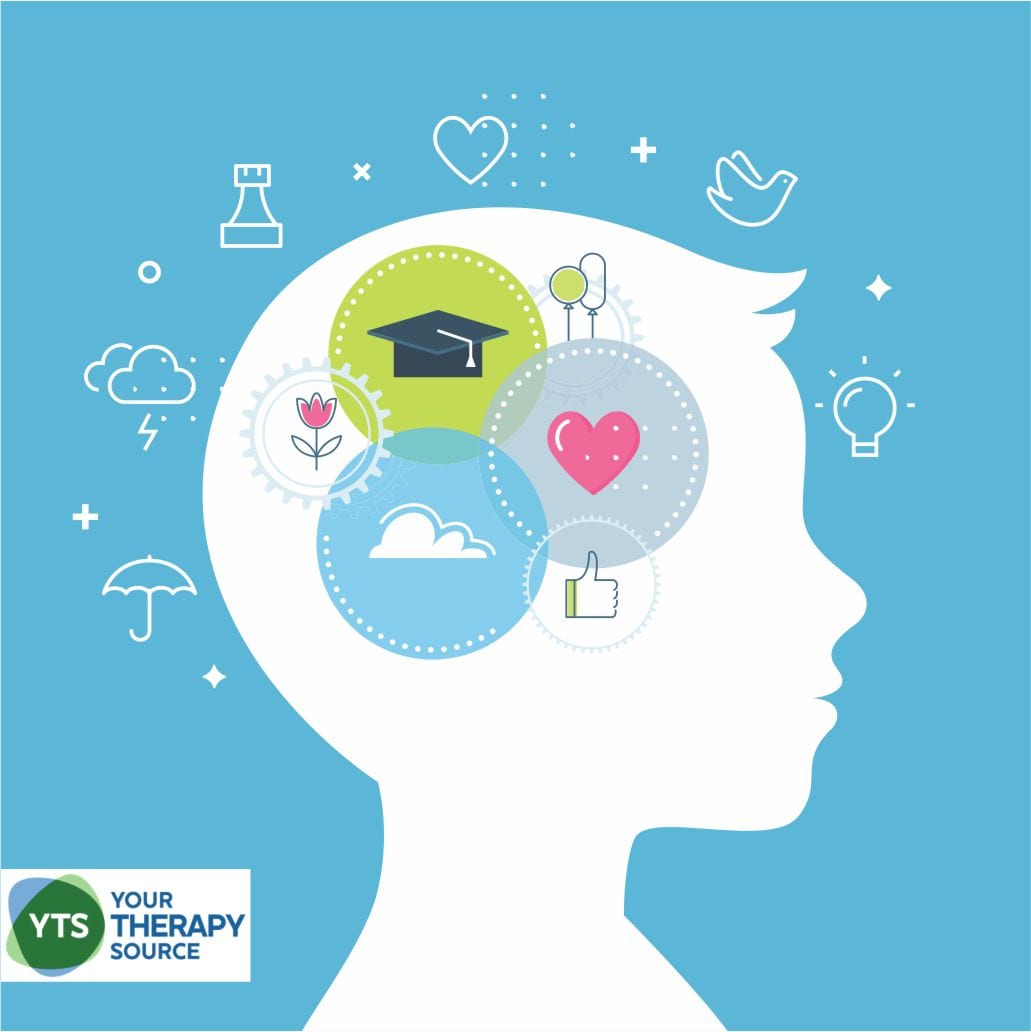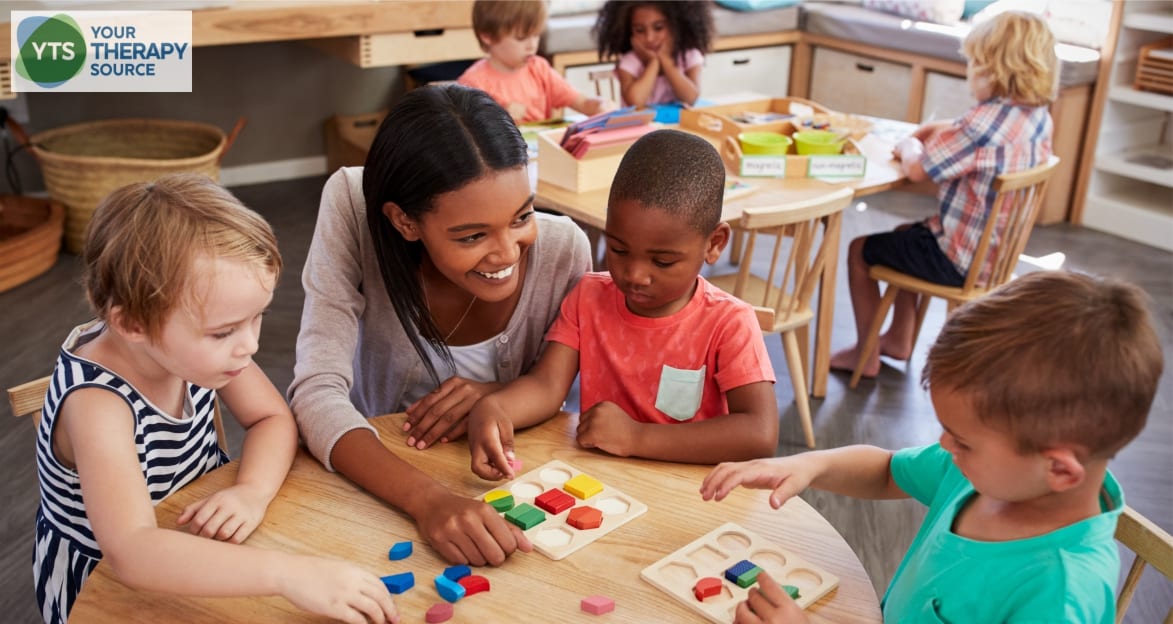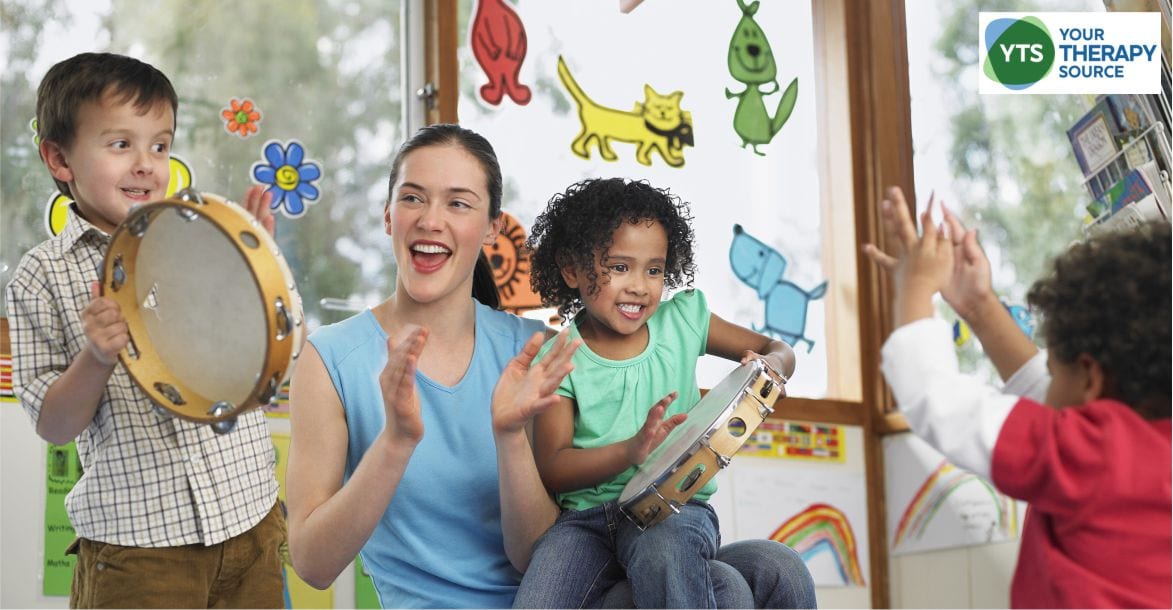Emotional Regulation Free Printables
Do you have students who need to work on emotional regulation? These emotional regulation free printables make excellent visual supports. You can download the full color and black and white version at the bottom of the post. This freebie is from the Emotional Regulation Bingo Game. What are the Emotions? There are three different colors […]

